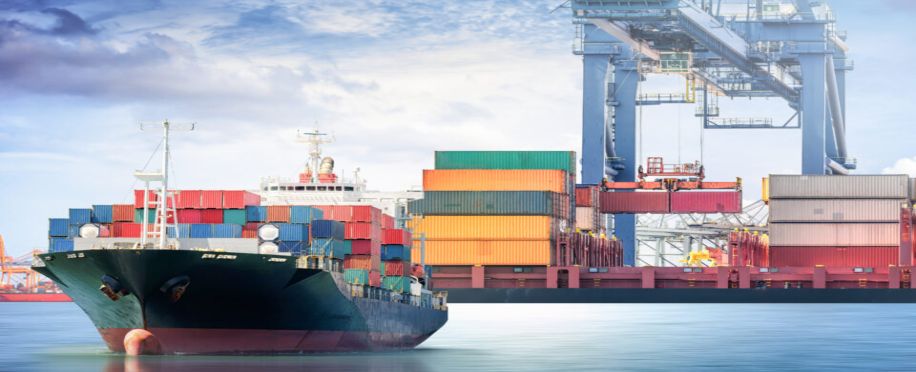Copyright © 2026 lmitac.com All Rights Reserved. Contact - Terms and Conditions - Privacy Policy - Quality Policy - Become an instructor - Vacancies - Sitemap
London Maritime Academy is a trade name for London Premier Groupversion: 2.9.0
London Maritime Academy is a trade name for London Premier Group

Posted on : 7/18/2023, 12:35:02 AM
Last Update : 7/18/2023, 12:35:02 AM
Port operations are essential for the shipping trade because they act as terminals for the ships to unload cargo on and off; they are essential for operating marine activities and are a vital part of the supply chain for many businesses.
This article discusses some of the best practices in port operations and their role in the shipping industry.
Ports are operational facilities typically constructed on the edge of water bodies like the coast to handle maritime operations, ship maintenance, and even as a public transport centre.
There's a wide range of port operations that usually vary depending on a couple of factors, like:
The size of ships entering the port: cargo vessels, military or navy fleet
The type of services the port provides; like personnel transport, shipping, and bulk container shipping.
The type of cargo being transported: vehicles, dry cargo, liquid cargo etc.
If we want to analyse what port operations are, we need to look at the components that make up a seaport. For example, we have the terminal, the port part responsible for loading and unloading cargo on a vessel. One of the significant operations is handling this process at terminals.
Similarly, a significant portion of port management is passenger operation management and coordinating through global ports to ensure passengers get a good transport experience.
In simple terms, you can categorise port operations into three categories:
Vessel management includes most maritime operations, such as designing container shipping routes to ensure smooth sailing between ports until they reach their destination. These roots need to be short and accurate while avoiding traffic. Alongside vessel allocation and deciding on the location of the berth.
Passenger operations: These operations include every human-related process, like embarking the passengers on a ship, immigration and customs clearance, alongside the safety and security of passengers
Cargo operations: stevedoring cargo and offloading it at the destination.
In addition to these main categories, other operations are designed for maintaining and (Like dredging the river, ship maintenance and building to stand against sea and weather effects).

Taking care of port operations, port management, and administration are vital yet complicated tasks, it requires a network of talented experts to maintain an efficient port; here's a glimpse at the main two managers:
A port operator is responsible for the general port operation; he operates, manages and monitors plenty of a port's components; the job of port operators include:
Handling logistics like equipment, personnel (employees and passengers), data etc.
Controlling employee and staff training to reach total efficiency.
Monitoring environmental conditions in the port area and ensuring the facility complies with the latest environment/sustainable regulations.
Managing the port’s infrastructure, including landside and waterside facilities.
These can include local authorities or global/international authority figures; they help keep your port safe, enforce regulations and guard against any disruption. They usually manage legal matters and contribute to your cargo, passenger and vessel safety.
As we've seen through the introduction, port operations are a complex set of processes, and they can make or break your business; that's why you should apply these best practices if you want to operate an excellent port:
Support port workers, they are the most critical asset when it comes to your success, they will manage everything and can either make your department excel or fail.
Improve your port's operations; look for places of improvement or chances of better productivity.
Invest in the key personnel, which can be a director, manager, or technician, to help you fix your logistic errors.
Regularly check your port's readiness for vessels before allowing them to enter your ports; most often, a lack of communication or overestimation of your readiness can lead to significant problems that you can quickly fix by attending Shipping Management Training Courses.
Keep your port operations eco-friendly, sustainable and watch out for any environmental effect you have on marine life.
Use automated systems capable of quickly processing large volumes of cargo without compromising safety or quality standards; following the Digital Revolution is a great way to up your operation game.
Provide excellent services for your customers. After all, a customer is the key to a good operations service.
Port operations can be overwhelming. However, by following the best practices and gaining better knowledge, anyone can turn an inoperable port into an exquisite one. All it takes is the proper expertise and compliance with regulations.